
Exhibits ask patrons to rethink what ‘American Art’ means
Rethinking what “American art” means is the theme of two exhibitions at Denver’s Museum of Contemporary Art. The artists — Dyani White Hawk and Eamon Ore-Giron — draw a lot from their Indigenous heritage. Andrea Dukakis had a chance to visit and talk with one of the artists just before the opening. The two exhibitions run through May 22 at the Museum of Contemporary Art in Denver.

Colorado’s prison chief on incarceration and rehabilitation in the face of increasing crime
The number of people in Colorado prisons has dropped significantly over the last decade or so, but an uptick in crime and violence could change that. Let’s check in with Dean Williams. He’s been the head of the Colorado Department of Corrections for more than three years.
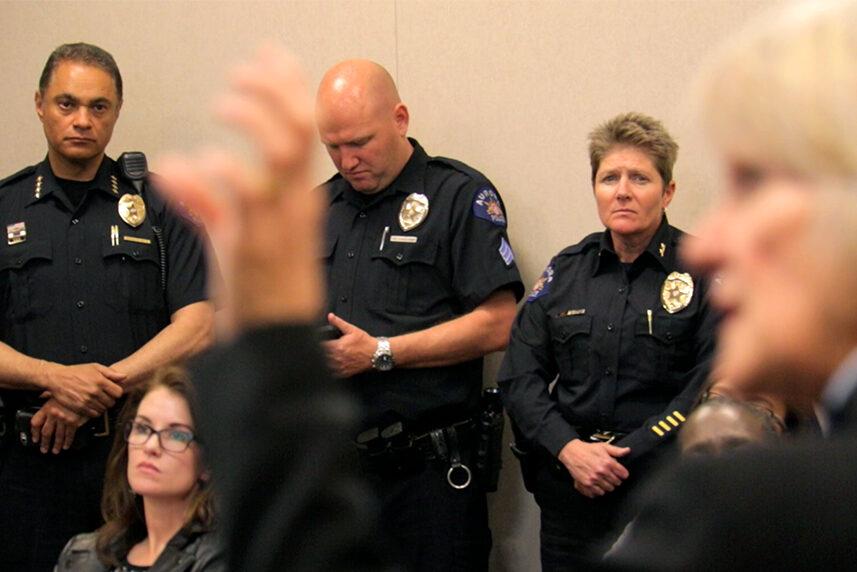
April 7, 2022: What’s next after Aurora Police Chief fired; Understanding rising crime rates
Vanessa Wilson, who tried to restore trust within the community, has been fired from the Aurora police department for not building morale with officers. Then, crime is up in Colorado, but why, and what can be done to reverse the trend? Also, Colorado loses a trailblazer in high school sports.

Analyzing the rising crime rates (and looking at possible solutions) in Colorado
Crime is up in Colorado–way up. Murders, sexual assaults and car theft to name just a few. Colorado also has an unenviable rank on the list of states with the highest increase in crime between 2019 and 2020. Colorado Public Radio has been looking behind the numbers to understand why crime is rising and what could be done to reverse the trend. David Pyrooz is a sociology professor at CU Boulder who studies crime trends.

‘Deport Me’ — A DACA Monologue from Motus Theater
Ten years ago this June, the U.S. government created a new program called Deferred Action for Childhood Arrivals, or DACA. It gave children — brought to the U.S. from other countries — temporary protection from deportation. And, it made them eligible for college and jobs. Leading up to the anniversary, we’re sharing monologues– written by DACA recipients. They’re part of a podcast series from Boulder-based Motus Theater.
Alejandro Fuentes-Mena tells the story of his hard-working parents — and his path to becoming a teacher. It’s called “Deport Me.”

April 5, 2022: John Eastman’s impact on CU Conservative program; Climate change & politics
The conservative scholar program at CU Boulder was created to hire professors with conservative leanings, but John Eastman has been a lightning rod. We speak with the founder of the program, Robert Pasnau. Then, a new U.N. report finds that politics is a major barrier toward addressing climate change. And NPR’s Ayesha Rascoe talks with KRCC’s Abigail Beckman about covering the White House and diversity.

Self-screening tool may help prevent cystic fibrosis misdiagnosis
Cystic fibrosis is more common in white people than in people of color, so it can go undiagnosed, sometimes for years. That’s what happened to Terry Wright. He and his wife, Michele, have now helped create a new screening tool to help others self-advocate. They worked with Dr.

March 31, 2022: Self-screening for cystic fibrosis; Entrepreneur finds opportunity in pandemic
People of color with cystic fibrosis are more likely to go undiagnosed because the medical community has long considered it an illness that only afflicts white people. Now there’s a new screening tool to help people self-advocate. Then, an Aurora entrepreneur found opportunity during the pandemic. And, Purplish explores the history of the abortion debate in Colorado as lawmakers pass a bill to enshrine the right to an abortion in state law.

On Pain: People with chronic pain say a crackdown on opioids makes their lives harder
Larry Rowland takes Percocet daily for chronic back pain. He’s on the lookout for alternatives but in the meantime he says the national opioid crisis is making his life more difficult. Kate Nichols recently formed the Colorado-based National Pain Advocacy Center. She’s advising the CDC on possible revisions to guidelines for prescribing opioids. They spoke with Andrea Dukakis for our series, “On Pain.”

On Pain: Colorado Matters shares stories of chronic pain, healing and searching
An ongoing series about chronic pain from Colorado Matters.

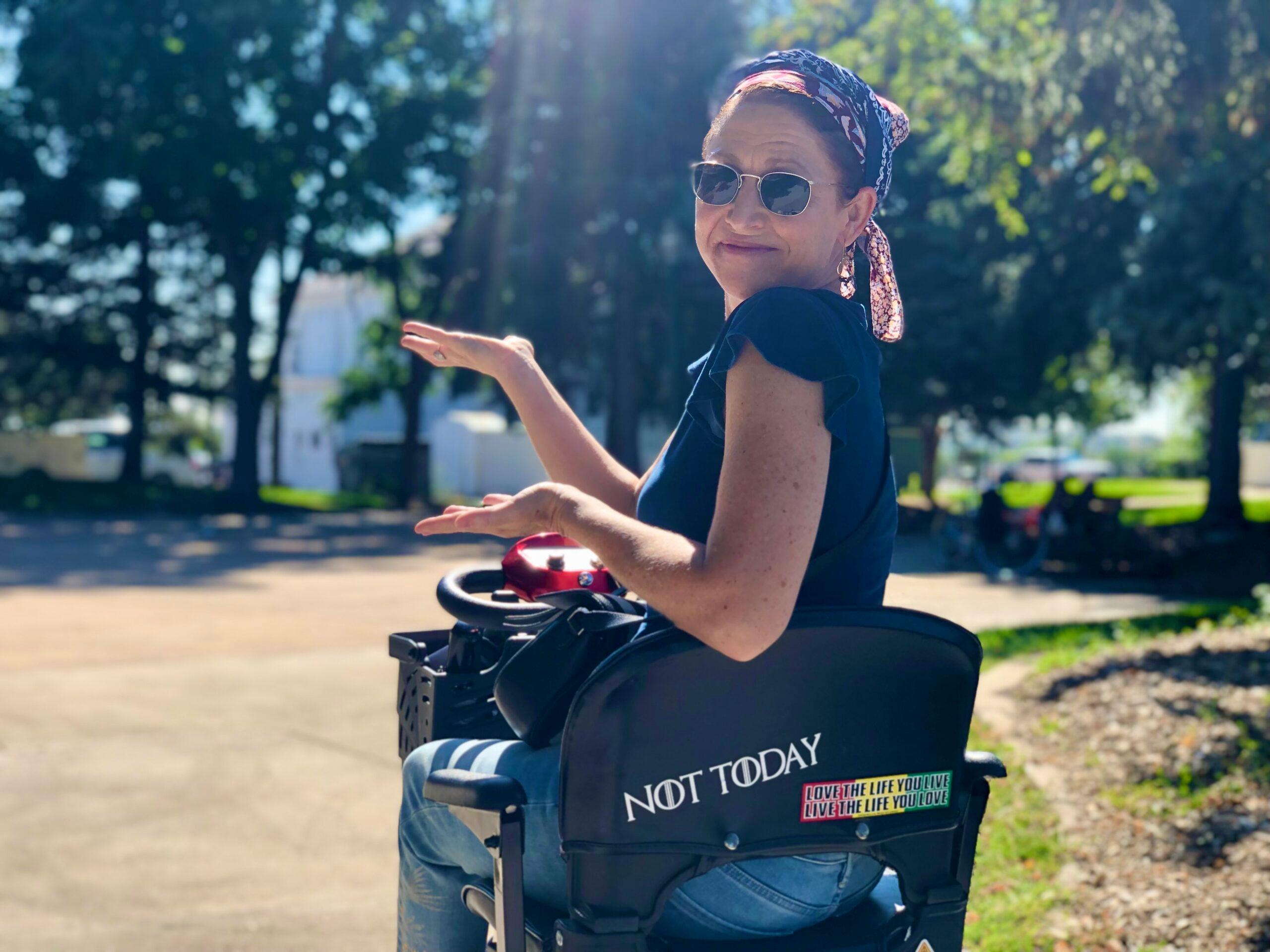
‘On Pain:’ One woman’s decade-long search for relief
Naomi Binkley-McDonald is 48. She lives in Golden. She’s not only been searching for relief from chronic, often debilitating pain, but for a diagnosis as well. She writes a blog called “Pain & Purpose.” She shares her story as part of our series, “On Pain,” which explores chronic pain and pain management.
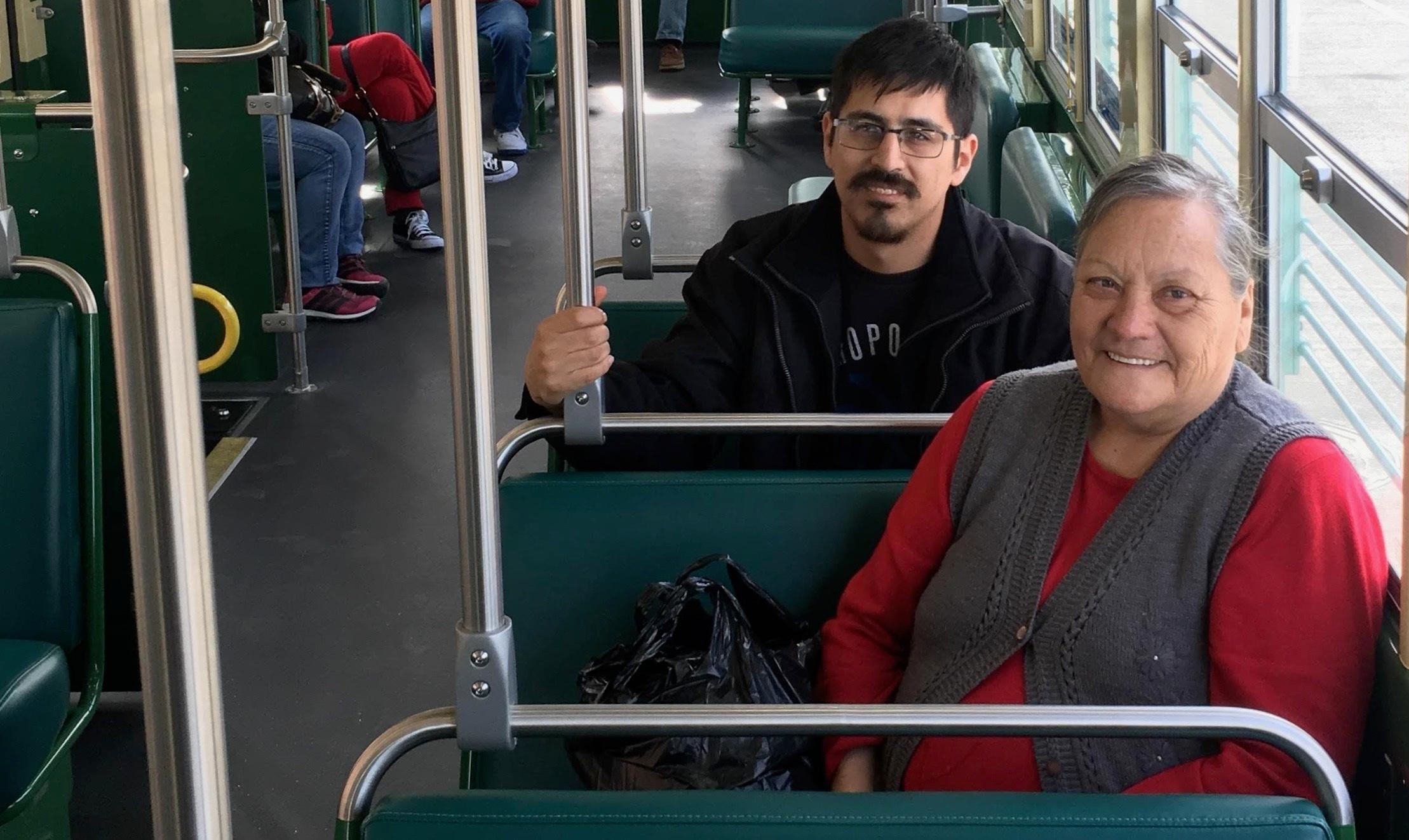
Motus Theater’s ‘UndocuAmerica Project’ shares stories of DACA recipients
Leading up to the anniversary of the creation of DACA, we’re sharing monologues written by DACA recipients. They’re part of a podcast series from Boulder-based MOTUS Theater. In some cases, they’ll be read by the authors themselves. In others, by prominent voices. That’s the case today, with actor John Lithgow.

Predicting why some kids get very sick from COVID
As cases of COVID-19 drop, research continues into the many mysteries of the virus. Among the questions is why some children get extremely ill from COVID-19. A recent study in the Journal of the American Medical Association examined cases of COVID in children across the country and found that once children are hospitalized, there are some factors that can help predict whether a child will develop a particularly severe case of the virus.
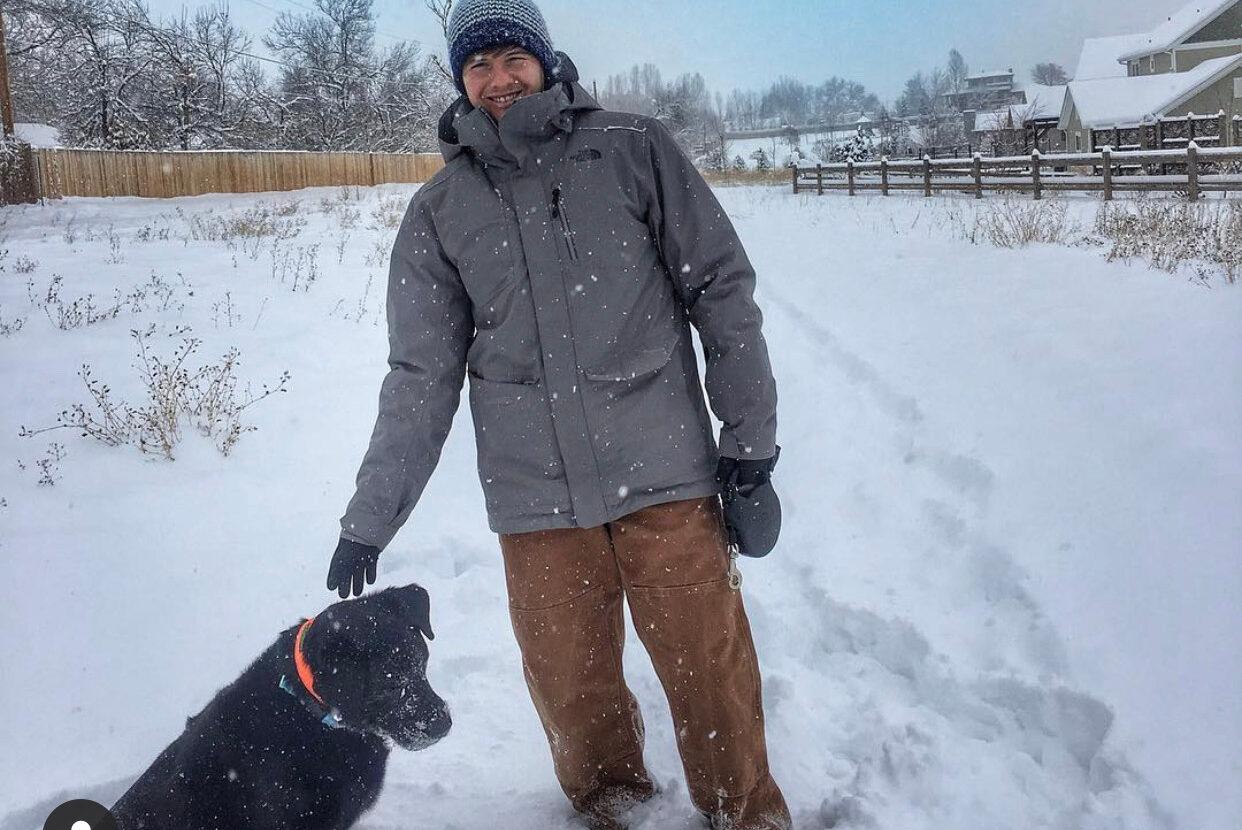
Dogs suffer chronic pain just like people; could the same type of treatment work for both?
Dogs, like humans, experience chronic pain. Now, a gene therapy being used to treat arthritic dogs could have implications for their human counterparts. It involves a substance naturally produced by cells.
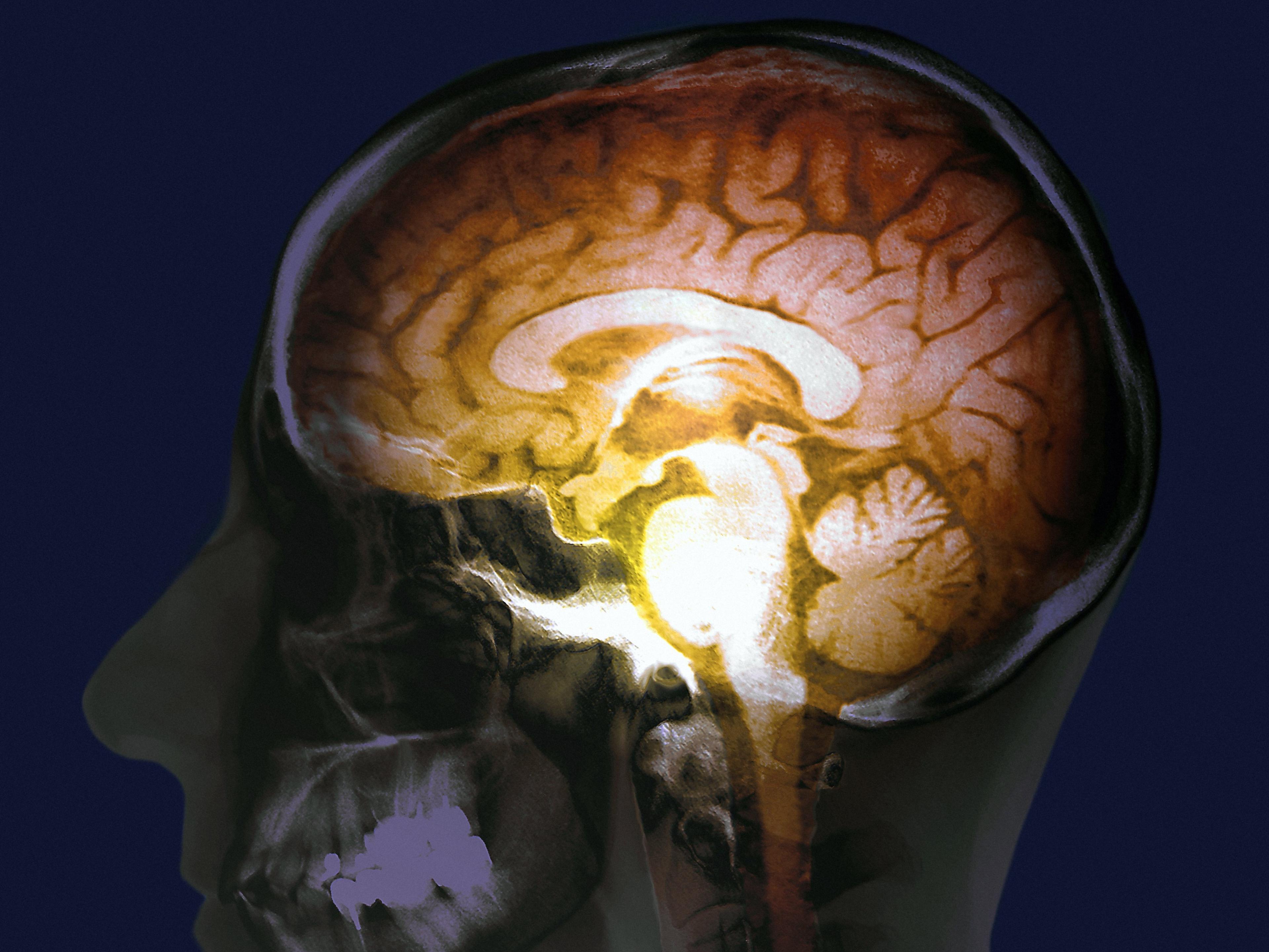
‘On Pain:’ understanding the connection between physical and mental pain
Pain is physical. But it’s also mental. And that mind-body connection is the subject of “On Pain” this time — our new series about pain management.
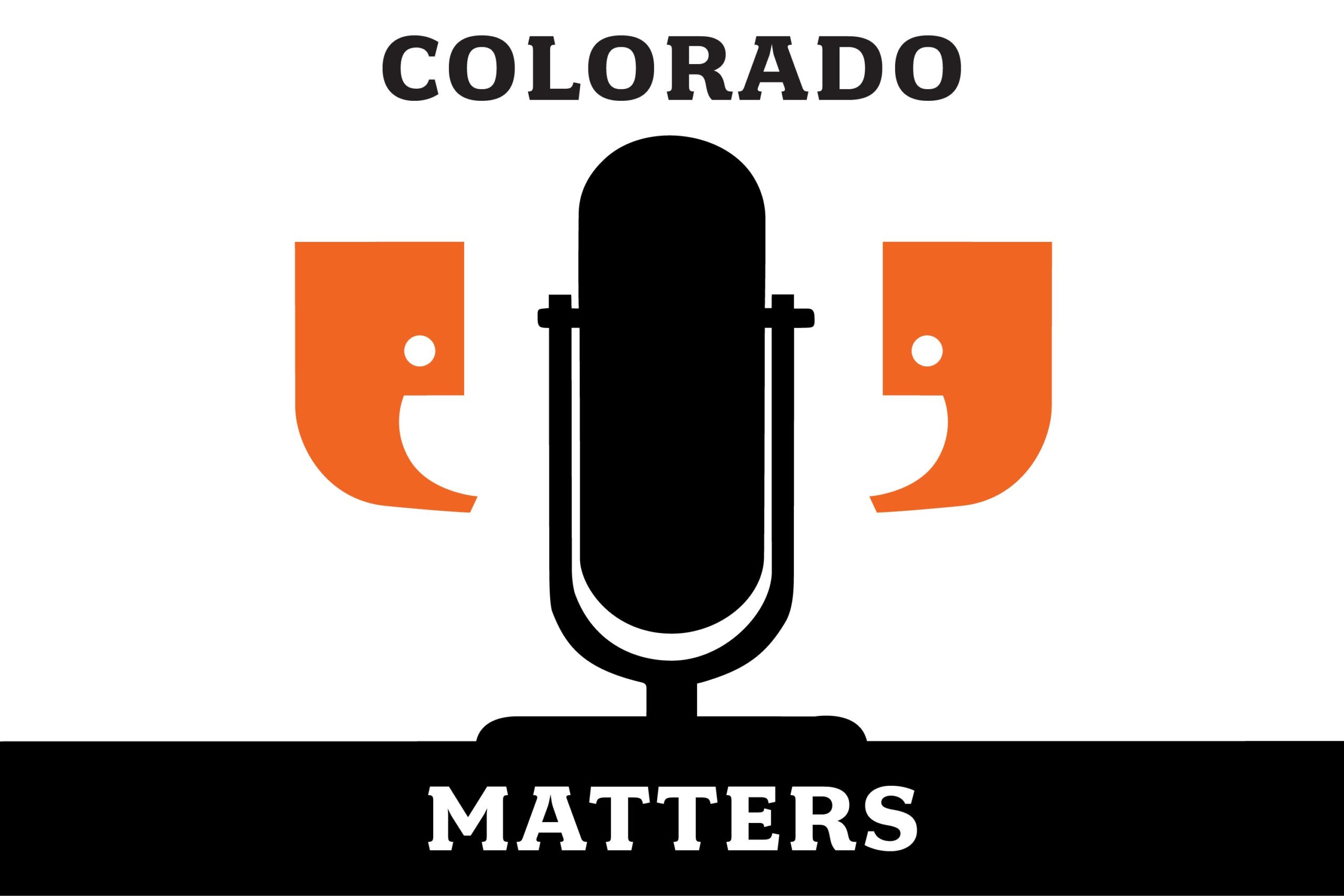
Gauging the thoughts of Ukrainians
John O’Loughlin is a professor of distinction at the University of Colorado Boulder and has worked in Ukraine. He’s also done extensive polling of residents throughout country including in the breakaway regions in the southern and eastern parts of the country.
